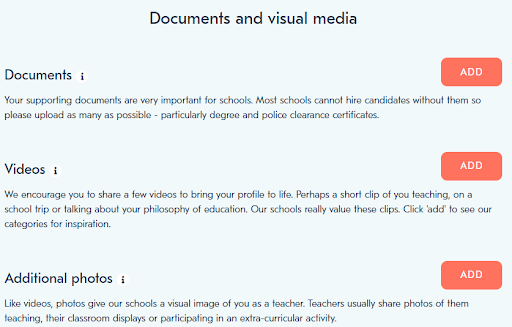Reflecting on the digital classroom
Whether we liked it or not, in 2020 we were all forced online. We’ve become experts in Zoom etiquette, fluent in the language of Seesaw, and confident Google Classroom users. For many of us this transition to online learning was unpleasant. Although it provided a good opportunity to empathize with our students who also struggled with the change, juggling a number of different platforms while providing the educational and emotional support students need was a daunting task.
Like the students, teachers eventually adapted to this dramatic change in learning environments. And every educator that braved the transition to online learning gained valuable knowledge. Some of us had never heard of Zoom or Google Meet before the pandemic. Now we are teaching students in different time zones, prompting us to discuss international mindedness in our classes.
In the new year many of us are hoping to move beyond the challenges of 2020. While we are eager to celebrate this fresh start, it is important to reflect on the skills that arose from such a tumultuous year in education. Teachers across the world made incredible efforts to convert their classrooms into digital learning environments, picking up a host of new talents along the way. This involuntary professional development has resulted in newly acquired skills that teachers can – and should – market when looking for future positions.

Marketing your online teaching skills
Perhaps you learned to use an application to make videos or provide audio annotations to your notes. Or maybe you hosted regular virtual check-ins with students to monitor their progress and emotional well-being. Even improving your knowledge and fluency of G Suite Education products (Google Classroom, Docs, etc.) is something that can be added to your CV and highlighted as an example of your adaptability.
With the new year and the hiring season here, now is a good time to update your CV and join Teacher Horizons in anticipation of new opportunities and adventures in 2021. Thousands of international teaching positions are available and new jobs all over the world are popping up everyday.
If you are a returning educator you can update your TH candidate profile with any recent professional development you acquired over the period of remote teaching (keep an eye out for our soon to be revamped Teacher Profile Pages). These new online teaching skills can be highlighted in the Supporting docs and video section of your TH candidate profile.

Almost every teacher had to make the transition to online learning and learn the skills necessary to get by. However some teachers took advantage of this opportunity to develop their online instruction and they have a great deal to promote in future job applications and interviews.
But not all of these new skills relate directly to online learning applications or software. Even if you didn’t blossom with technology during those months of remote teaching, there are still selling points that school leaders are looking for.
Good schools want educators that can build positive relationships with students even in an online setting. This is much more difficult in a virtual world than in person, but well-being is essential to students’ future success in and out of the classroom regardless of where this sense of belonging is cultivated.

Some strategies that were cited as particularly effective were 1-on-1 catch ups and online extracurricular activities. Perhaps you coordinated a dress-up day or virtual school assembly. While these are not strictly “technology skills”, these creative solutions to building relationships online can be unique talking points in an interview or additions to your CV.
Promote your digital classroom
Every teacher adapted to virtual learning differently but here are some ways you can highlight your “tech skills” to set you apart from the crowd:
- Provide specific examples of how you creatively used online learning applications (Screencastify and Notability are my favorites) to support students in your next letter of interest or educational philosophy.
- Describe how you maintained and strengthened relationships with students during remote learning in your interviews.
- Provide links to online resources you created or segments of your video lessons in your TH candidate profile.
What are schools looking for?
A certain degree of technological competency was necessary for every teacher in the 21st century before the pandemic, but now it is an essential skill in almost every field, especially international education. Even those who have resisted the encroachment of technology in the classroom can say they have learned a thing or two (albeit unwillingly for some) about online teaching and learning.
Teachers who are looking to market themselves in addition to their current strengths and assets should use this challenging year to highlight those adaptations they developed as a result of the unique pressures they faced in their schools. Schools are eager to highlight these adaptations as examples of innovative teaching and learning.

Furthermore, with the overall rise of online education over the past decade, these professional skills acquired in the last year can be beneficial to anyone considering transitioning to a different avenue of teaching outside of traditional learning environments. Or, if you are thinking of shifting to a new career entirely these highly transferable skills can play an important role in helping to market yourself as a flexible and well-rounded candidate.
We’d love to hear your reflections from 2020. What new skills or talents did you and your colleagues develop in response to virtual learning? Drop us a line at editor@teacherhorizons.com.



